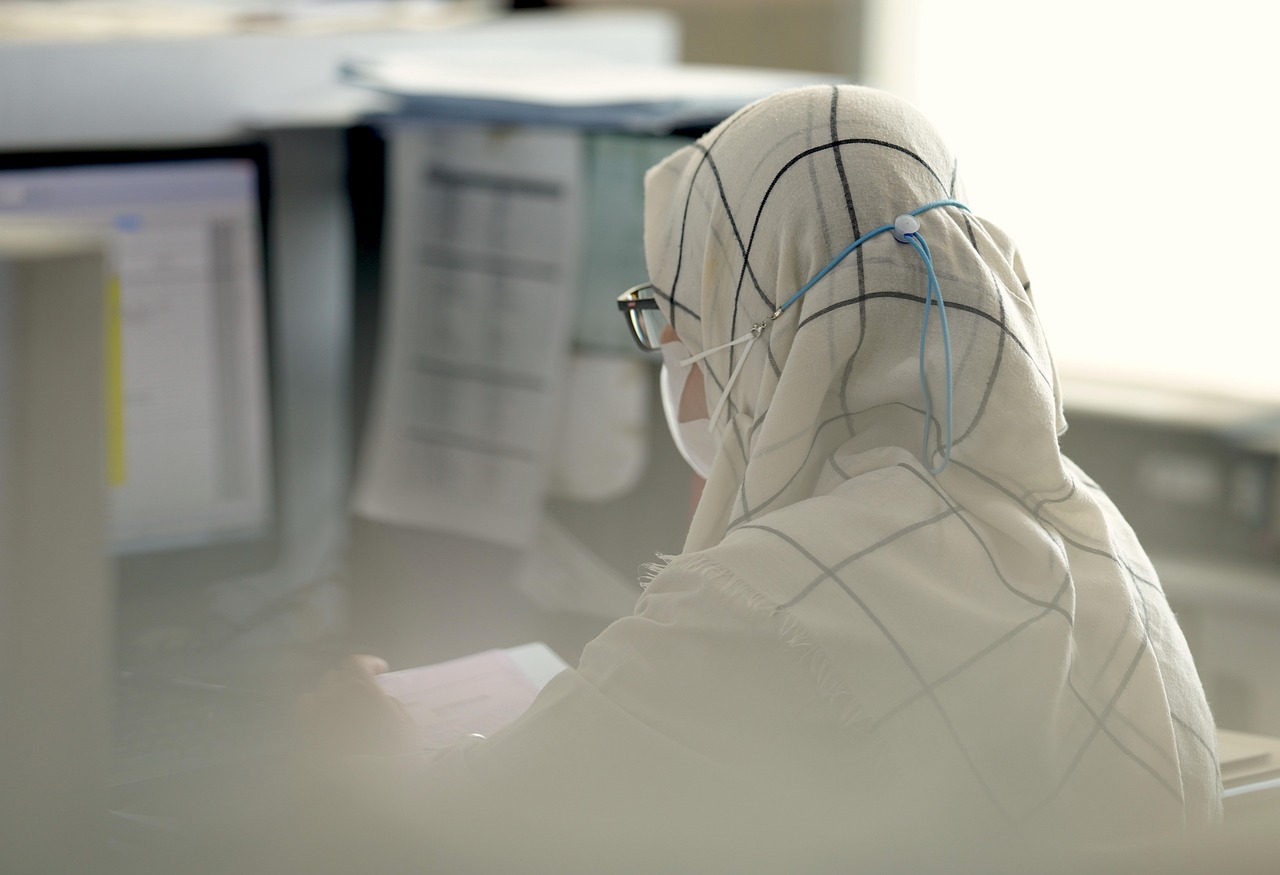The author, an Afghan legal scholar, warns that as the Taliban systematically cuts off fiber-optic internet across Afghanistan, women and girls are losing their final lifeline to education, community, and survival itself…
Is this the last time you’ll hear from me? It could be, as the Taliban’s crackdown on all of our rights has extended to internet technology. A ban on fiber optic internet has begun its slow trickle from province to province, and it could be only a matter of time before the whole country is cut off.
Everyone connects to the internet for their own purpose. Since the Taliban’s resurgence in 2021, mine has been to connect with women across the country and serve and support them—including those who I was never able to meet face to face because of our shared repression. Amid this war against women, I used the internet to help and empower each and every woman.
That was when I met Fariba,* whose loss of work as a government official in the aftermath of the Taliban’s resurgence, paired with domestic violence, drove her to attempt suicide. The Taliban’s imposition of a work ban on women in Afghanistan not only cost her her job; it ultimately gave her brother unchecked power to subject her to daily oppression and abuse.
Living in a land of darkness under the Taliban’s gender apartheid regime, the internet is the only light that helps us survive without choking.
Thousands of other women and girls and I rebuilt the community we lost—this time online—after losing our jobs, our rights to pursue an education, and every other basic and fundamental right.
The common reason Taliban leaders give for all the restrictions and violations of human and women’s rights is morality. “This measure was taken to prevent immorality, and an alternative will be built within the country for necessities,” said Haji Attaullah Zaid, a provincial government spokesman.
The Taliban’s ideology and government system have left women and girls in Afghanistan extremely vulnerable. Every catastrophe that happens affects women and girls more. A recent series of earthquakes and aftershocks struck the eastern provinces of Afghanistan. Women died and were buried under the rubble because male rescuers refused to touch them, and there were no female nurses and doctors to help those women because of the Taliban’s restrictions on women’s education and work.
The internet shutdown might affect other parts of society, like business and government systems. However, it will have an absolutely detrimental impact on women. Thousands of women and girls are studying online. They use it for book clubs, to connect with the outside world, to raise their voices through social media, and to speak up for themselves.
I couldn’t survive living under a system that persecutes me every day. I don’t leave the house because I have nowhere to go, nor any reason to leave home, not even for a walk. In the past four years, the internet enabled me to connect with my friends and all the amazing people outside the country—I speak with them daily. If not for that, I don’t know how I could have survived this period.
I speak with women like Fariba every day. And I can attest from firsthand experience that this connectedness is vital.
With every restriction, the Taliban has tried to bury the women and girls of Afghanistan. But Afghan women have proven they are like seeds—when buried, we rise and grow stronger. When schools and universities were banned, we turned to online learning as an alternative. But now, with the internet at risk of being cut off, even that last window of hope may disappear. Without the internet, little remains for Afghan women.
I call on international organizations and people who have the power to stand by women and girls in Afghanistan and provide free satellite internet accessible to women and girls in Afghanistan.
Silence in the face of this shutdown amounts to an endorsement of the Taliban’s gender apartheid system.
*The author is an Afghan legal scholar whose identity cannot be revealed due to security threats.
Opinions expressed in JURIST Commentary are the sole responsibility of the author and do not necessarily reflect the views of JURIST’s editors, staff, donors or the University of Pittsburgh.
